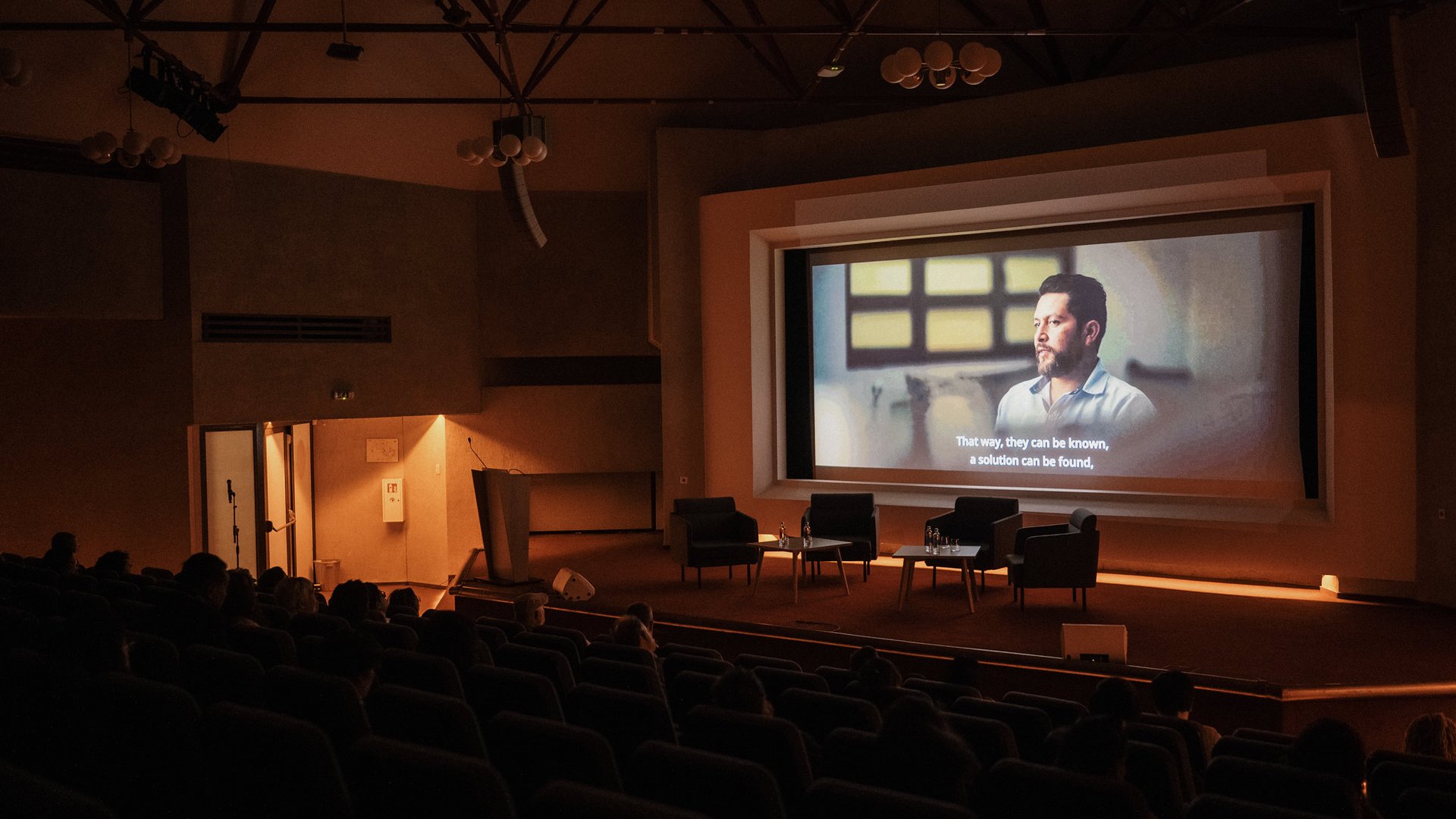
© Films4Transparency

© Films4Transparency
This year, the Dokumentale, in partnership with Transparency International and the International Anticorruption Conference Series (IACC), explores the impact of non-fiction storytelling in the fight against corruption. The program features seven carefully selected films that highlight the global influence of corruption and the power of truth.
Corruption thrives in silence and thrives even more in the shadows. It weaves itself into the fabric of institutions, steals resources from the many to benefit the few, and corrodes democracy and trust wherever it festers. Today, in a world facing the aggressive rise of extreme right movements and the normalization of authoritarianism, the need to expose, resist, and dismantle corruption is more urgent than ever.
But the camera, when wielded with purpose, can become a weapon of resistance—a tool that reveals, challenges, and ultimately helps dismantle the machinery of corruption. This is the power of documentary film.
At Dokumentale, Berlin’s rising documentary film festival set to take place in June 2025, this power is on full display. This year’s edition proudly features a special programme of Films for Transparency, an international festival spotlighting stories of integrity, justice, and the global fight against corruption. Together, these platforms celebrate filmmakers who dare to ask uncomfortable questions and bring to the surface what many would rather remain hidden.
These films don’t just inform. They ignite. They open hearts and minds, transform passive spectators into engaged citizens, and offer avenues for action to those ready to make a difference. In the fight against corruption, documentaries do more than observe—they intervene.
Corruption is complex by design. It hides behind euphemisms, offshore structures, legal loopholes, and state-sanctioned secrecy. But documentaries have a unique ability to cut through the noise and tell clear, powerful stories that help audiences grasp how corruption works—and who pays the price.
Take The Accidental President, the moving portrait of Sviatlana Tsikhanouskaya, who rose from a quiet family life to lead Belarus’s democratic movement in the face of brutal repression. The film chronicles how her husband’s arrest, the hijacking of elections, and a corrupted state system pushed her into a position of unexpected leadership. Through her story, the film sheds light not only on the authoritarian regime of Alexander Lukashenko but on the courage of those who dare to challenge entrenched, systemic corruption from within. It is a testament to the resilience of those who refuse to surrender to fear.

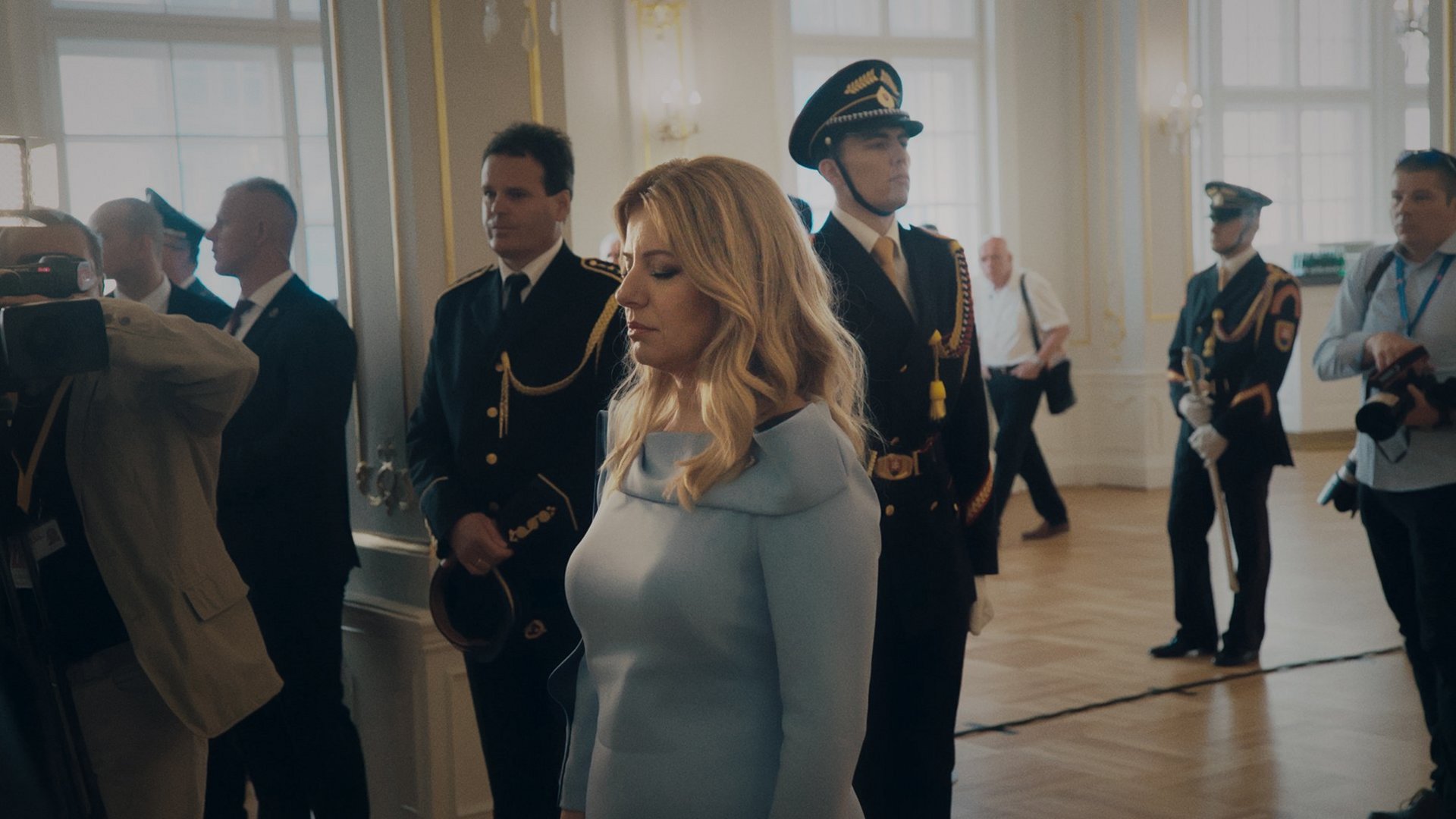
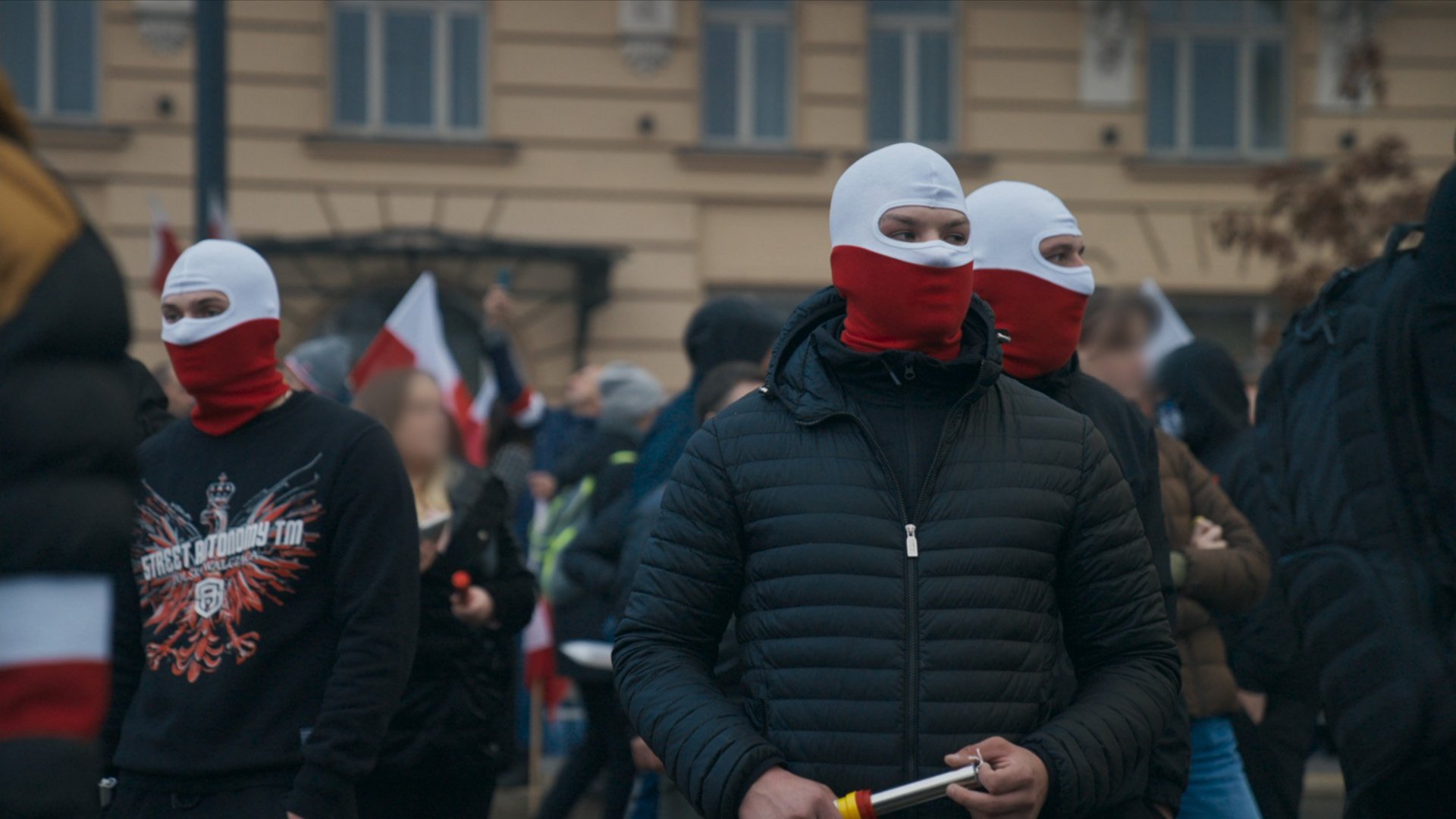
Then there’s 9 Month Contract, a haunting portrayal of how short-term profits and systemic exploitation intersect. The film tracks the lived experiences of workers subjected to exploitative contracts under the guise of development and progress. It vividly illustrates how legal and corporate frameworks can enable corruption while shielding perpetrators from accountability.
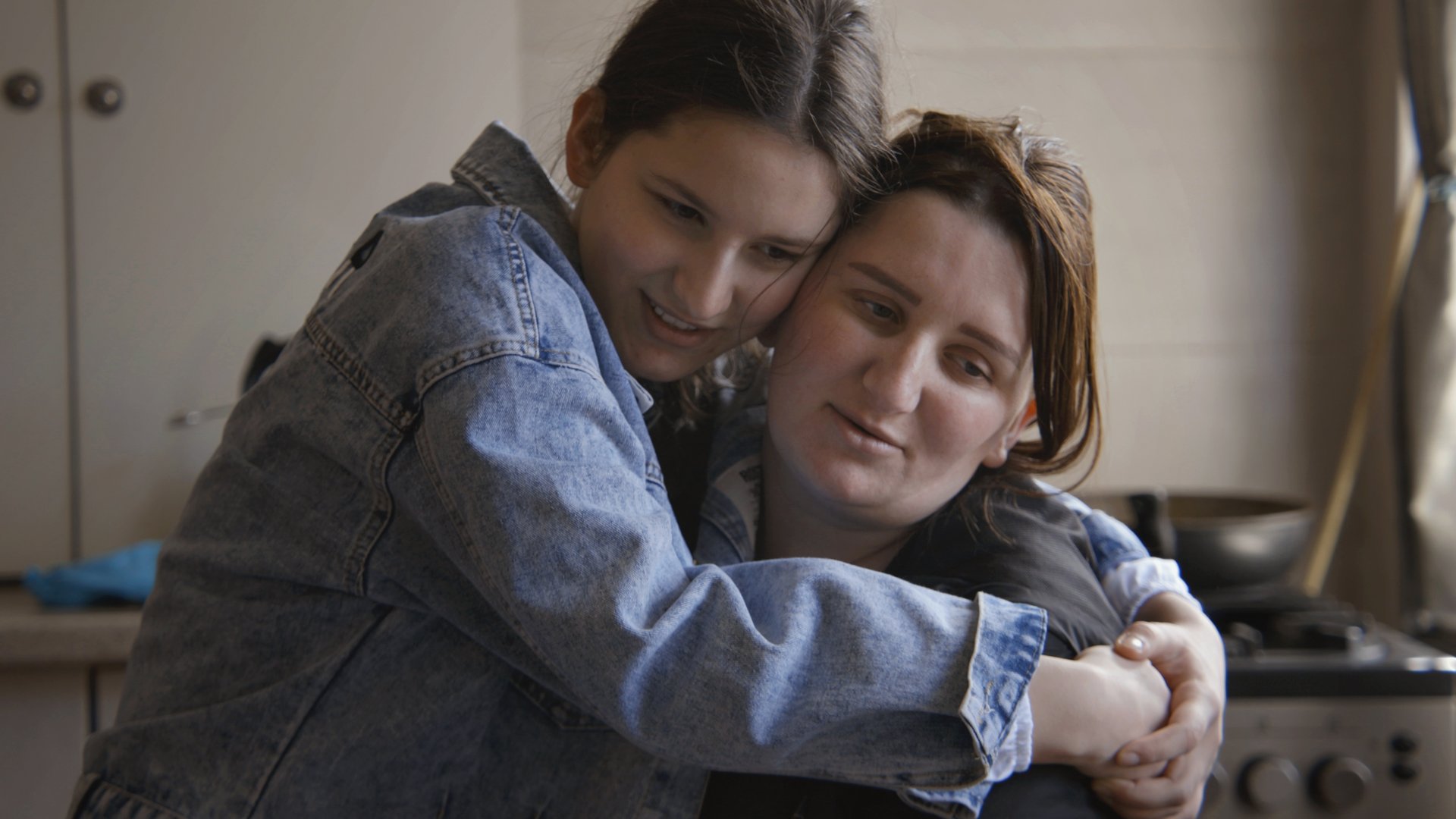
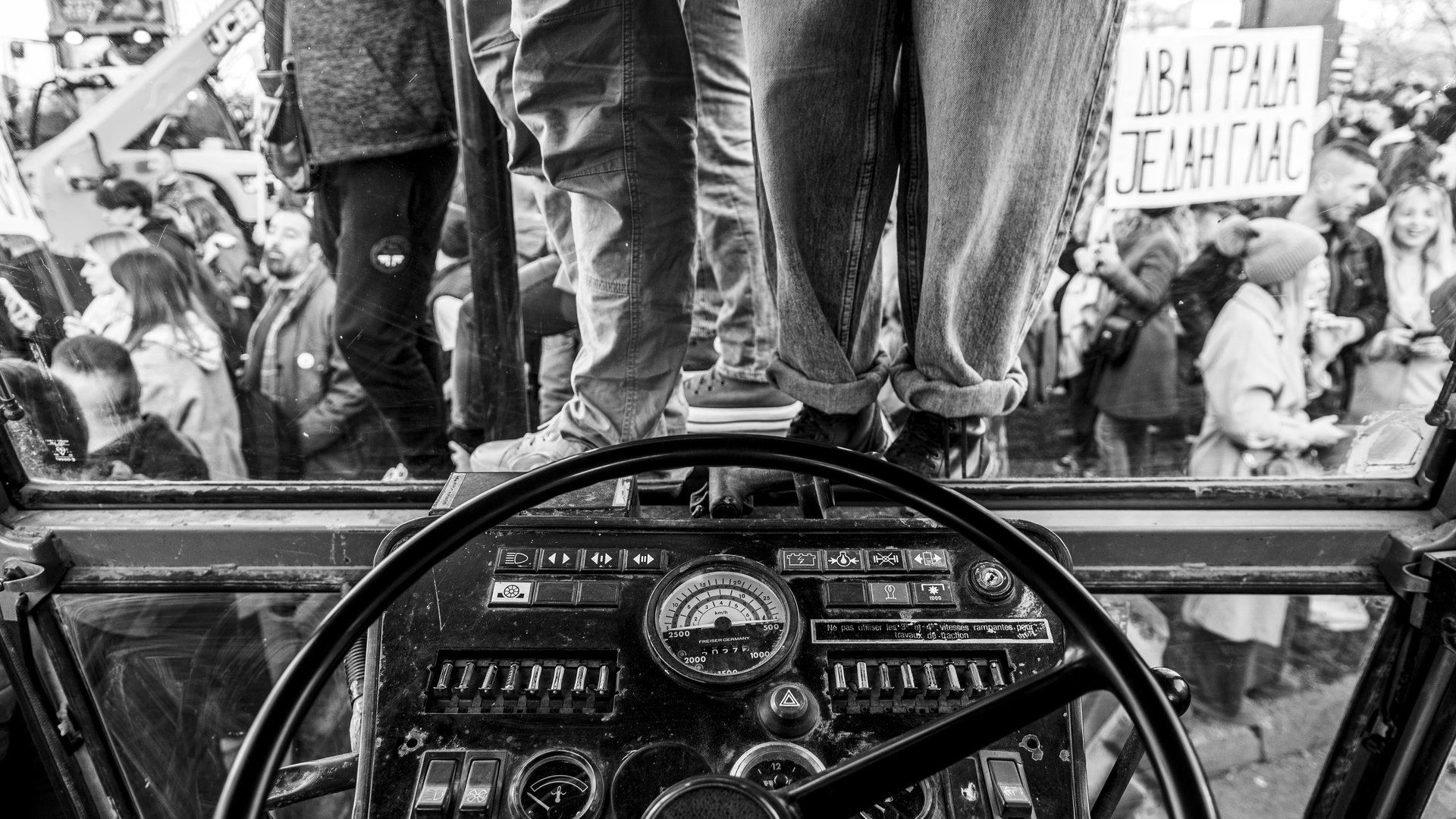
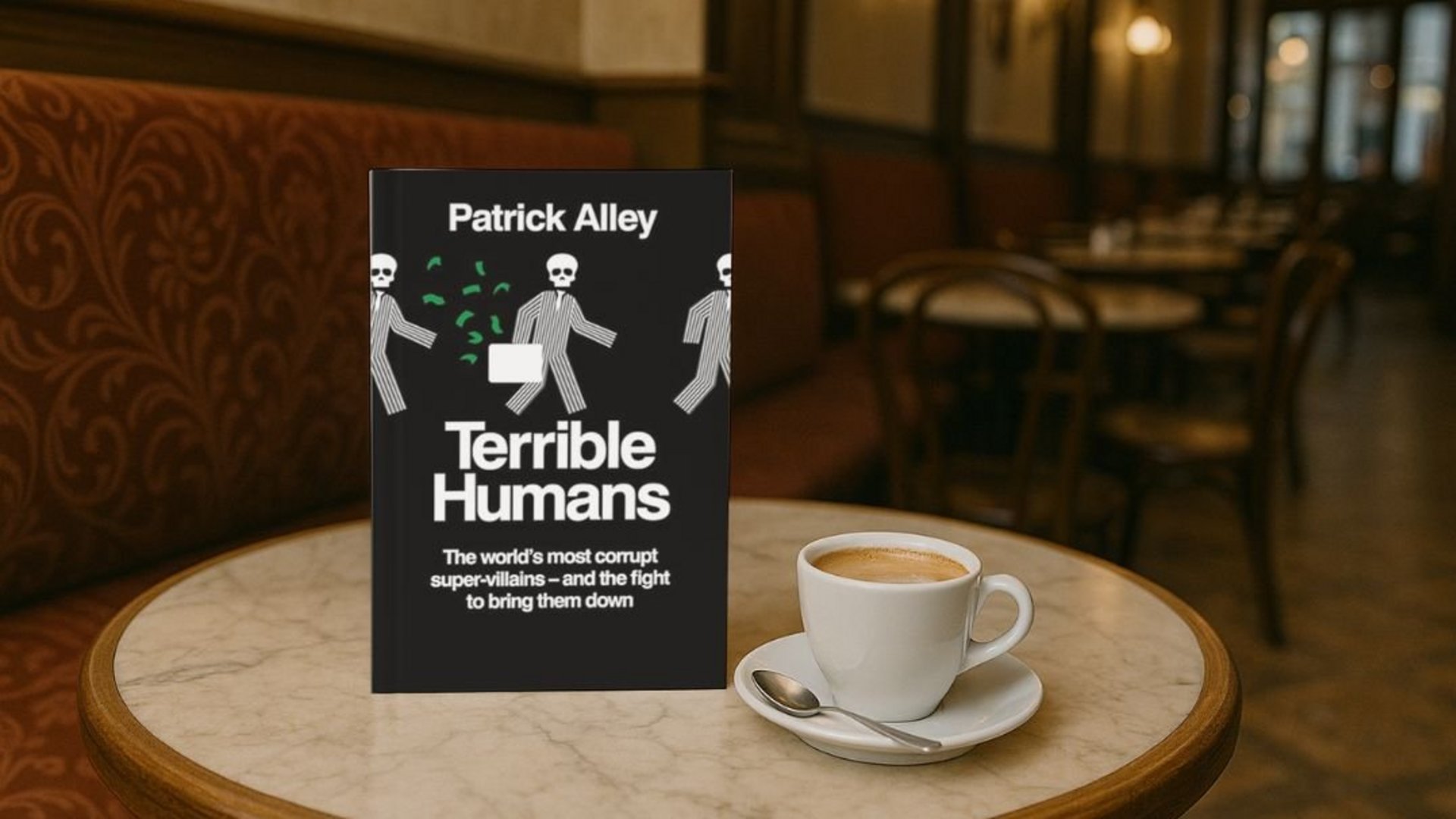
Wild Coast Warriors provides yet another lens—this time from the front lines of environmental and land justice. The film follows communities resisting corrupt deals between government actors and extractive industries that threaten their land, livelihoods, and lives. These stories, told with urgency and dignity, show what happens when ordinary people stand up to powerful interests—and how corruption often responds with force.
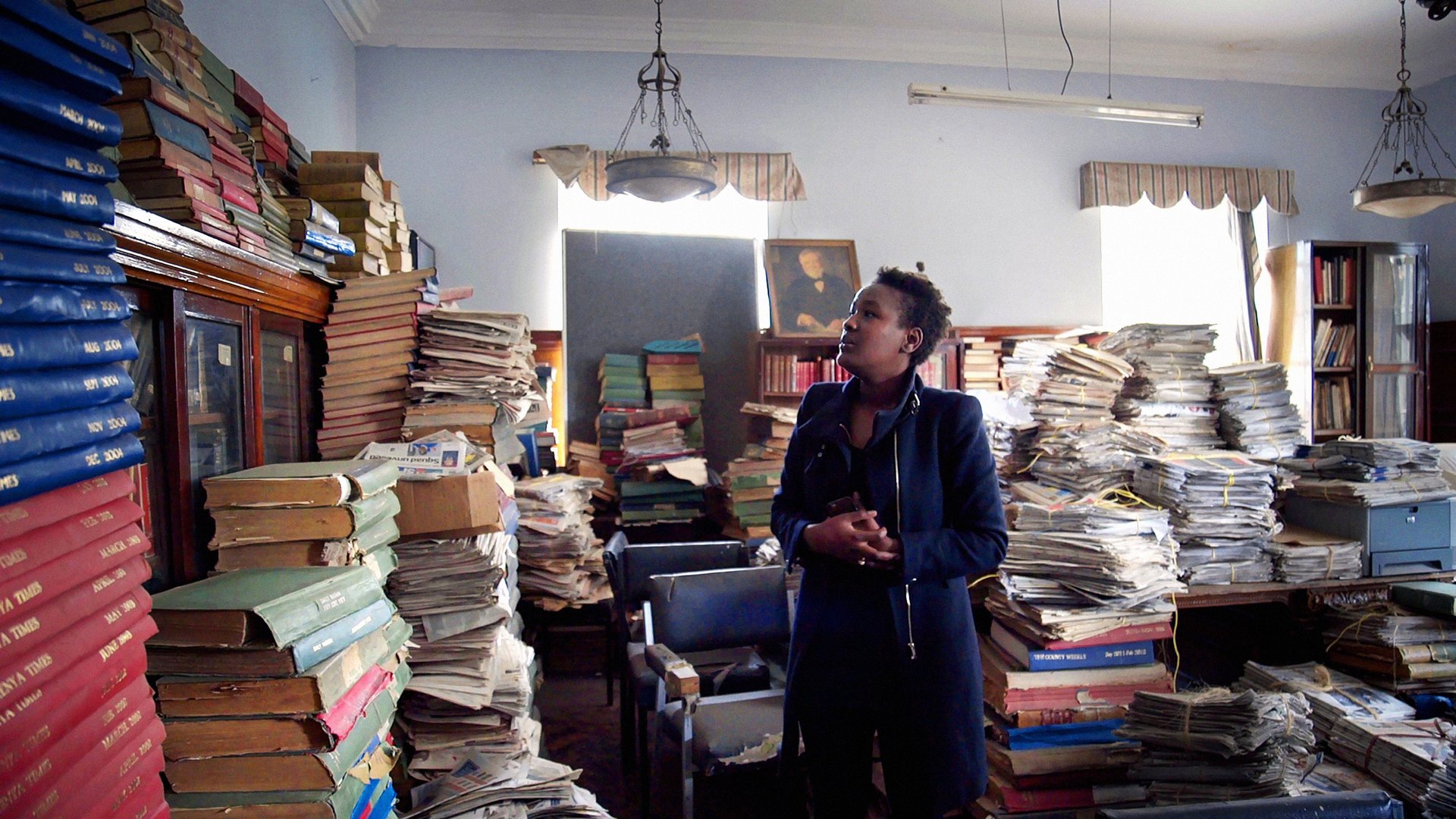
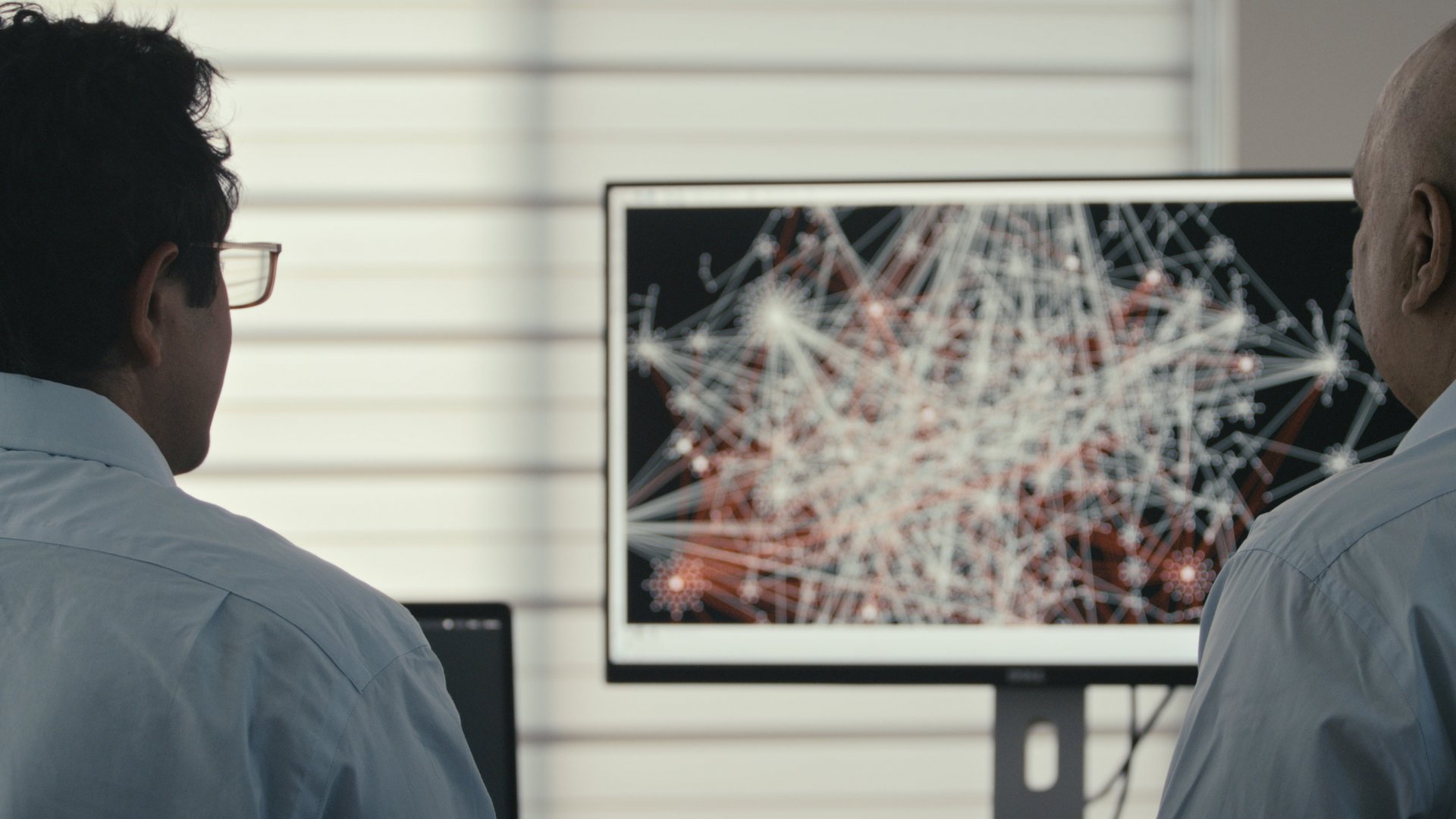
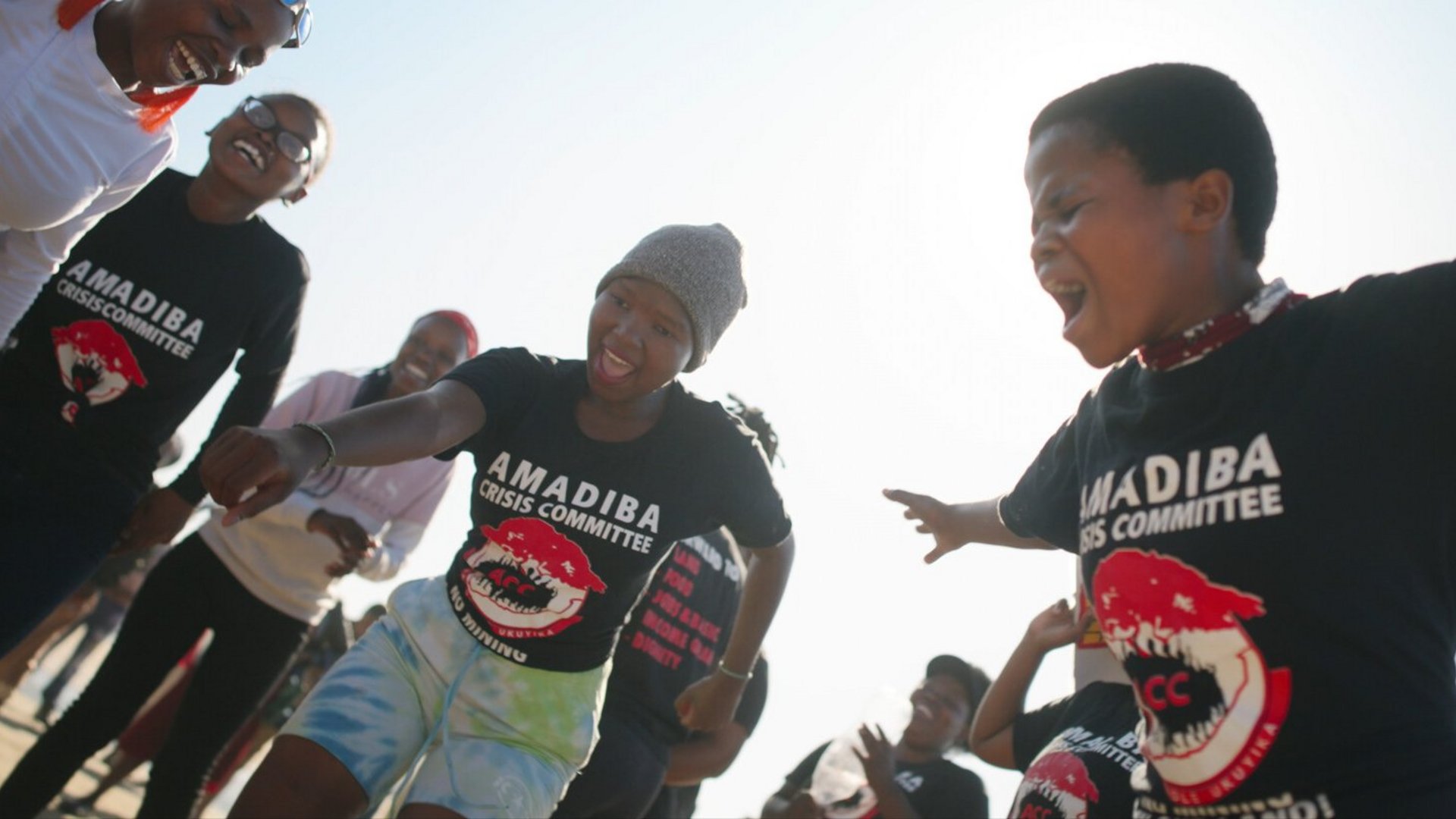
In each case, the camera becomes a witness—and, in many ways, a participant in the struggle. These films don’t just document injustice; they create records of resistance and help shift public consciousness.
A spreadsheet may show where the money went, but it won’t show us what that money was meant to do—who it was supposed to serve. A documentary will.
Documentaries open a unique emotional channel between the story and the viewer. They build bridges between facts and feelings, between the cold mechanics of corruption and its very human consequences. A powerful film can allow us to feel injustice, not just understand it.
When we see the pain in a mother’s eyes after a preventable tragedy, or hear a whistleblower speak with trembling conviction, we connect on a deeper level. And that emotional engagement is what sparks change.
The emotional resonance of 9 Month Contract, for instance, doesn’t just lie in its critique of exploitative practices—it lies in the humanity of the workers portrayed. Their voices linger in the minds of viewers, raising not just awareness but a sense of shared responsibility.
Documentaries offer audiences a mirror, a window, and sometimes a megaphone. They invite people not only to care, but to act—to donate, protest, share, vote, organize. They offer ways to get involved in cases that affect them directly or in solidarity with communities a world away.
Corruption isolates. It thrives where people feel alone, voiceless, and powerless. One of the most transformative aspects of documentary film is its ability to reverse that dynamic—helping individuals and communities forge ties among themselves and with others across the globe.
At Films for Transparency, we’ve seen time and again how a screening sparks more than just applause—it sparks conversation, collaboration, and action. People recognize themselves in stories from faraway lands. They begin to see their struggles as part of a global pattern—and their fight as part of a larger movement.
Films like Wild Coast Warriors don’t just educate; they create solidarity. Environmental defenders from South Africa to the Amazon recognize familiar patterns—corporate greed, government collusion, community resistance. These films become rallying points for transnational advocacy and shared strategy.
Screenings at Dokumentale are designed to build these bridges. Through Q&As, panel discussions, and workshops, the festival becomes a space for dialogue and connection—a living forum where storytellers, activists, and citizens can strategize and support one another.